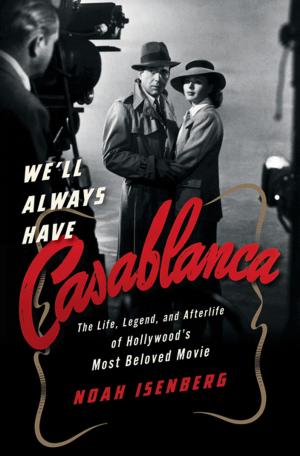Sun Tzu at Gettysburg: Ancient Military Wisdom in the Modern World
Nonfiction, History, Military, Strategy| Author: | Bevin Alexander | ISBN: | 9780393082029 |
| Publisher: | W. W. Norton & Company | Publication: | May 31, 2011 |
| Imprint: | W. W. Norton & Company | Language: | English |
| Author: | Bevin Alexander |
| ISBN: | 9780393082029 |
| Publisher: | W. W. Norton & Company |
| Publication: | May 31, 2011 |
| Imprint: | W. W. Norton & Company |
| Language: | English |
“The world’s most fascinating battles and how they were won or lost, according to the Chinese sage.”—Kirkus Reviews
Imagine if Robert E. Lee had withdrawn to higher ground at Gettysburg instead of sending Pickett uphill against the entrenched Union line. Or if Napoléon, at Waterloo, had avoided mistakes he’d never made before. The advice that would have changed these crucial battles was written down centuries before Christ was born—but unfortunately for Lee, Napoléon, and Hitler, Sun Tzu’s The Art of War only became widely available in the West in the mid-twentieth century. As Bevin Alexander shows, Sun Tzu’s maxims often boil down to common sense, in a particularly pure and clear form. When Alexander frames these modern battles against 2,400-year-old precepts, the degree of overlap is stunning.
“The world’s most fascinating battles and how they were won or lost, according to the Chinese sage.”—Kirkus Reviews
Imagine if Robert E. Lee had withdrawn to higher ground at Gettysburg instead of sending Pickett uphill against the entrenched Union line. Or if Napoléon, at Waterloo, had avoided mistakes he’d never made before. The advice that would have changed these crucial battles was written down centuries before Christ was born—but unfortunately for Lee, Napoléon, and Hitler, Sun Tzu’s The Art of War only became widely available in the West in the mid-twentieth century. As Bevin Alexander shows, Sun Tzu’s maxims often boil down to common sense, in a particularly pure and clear form. When Alexander frames these modern battles against 2,400-year-old precepts, the degree of overlap is stunning.















